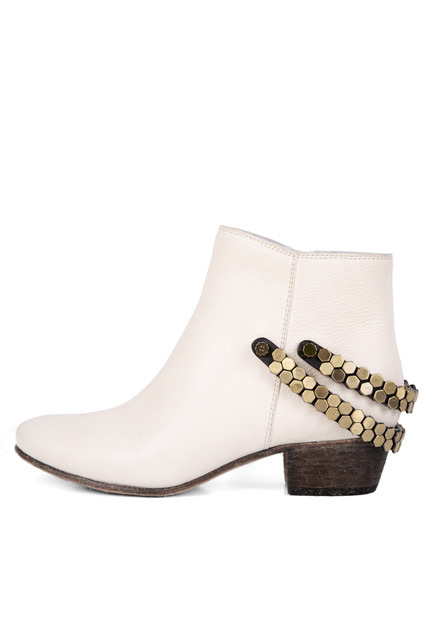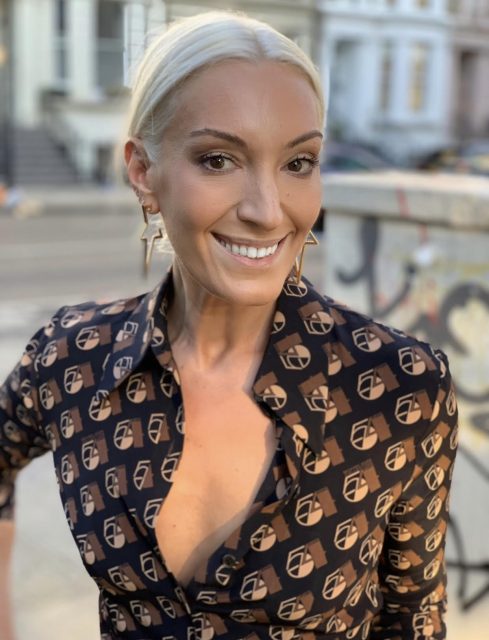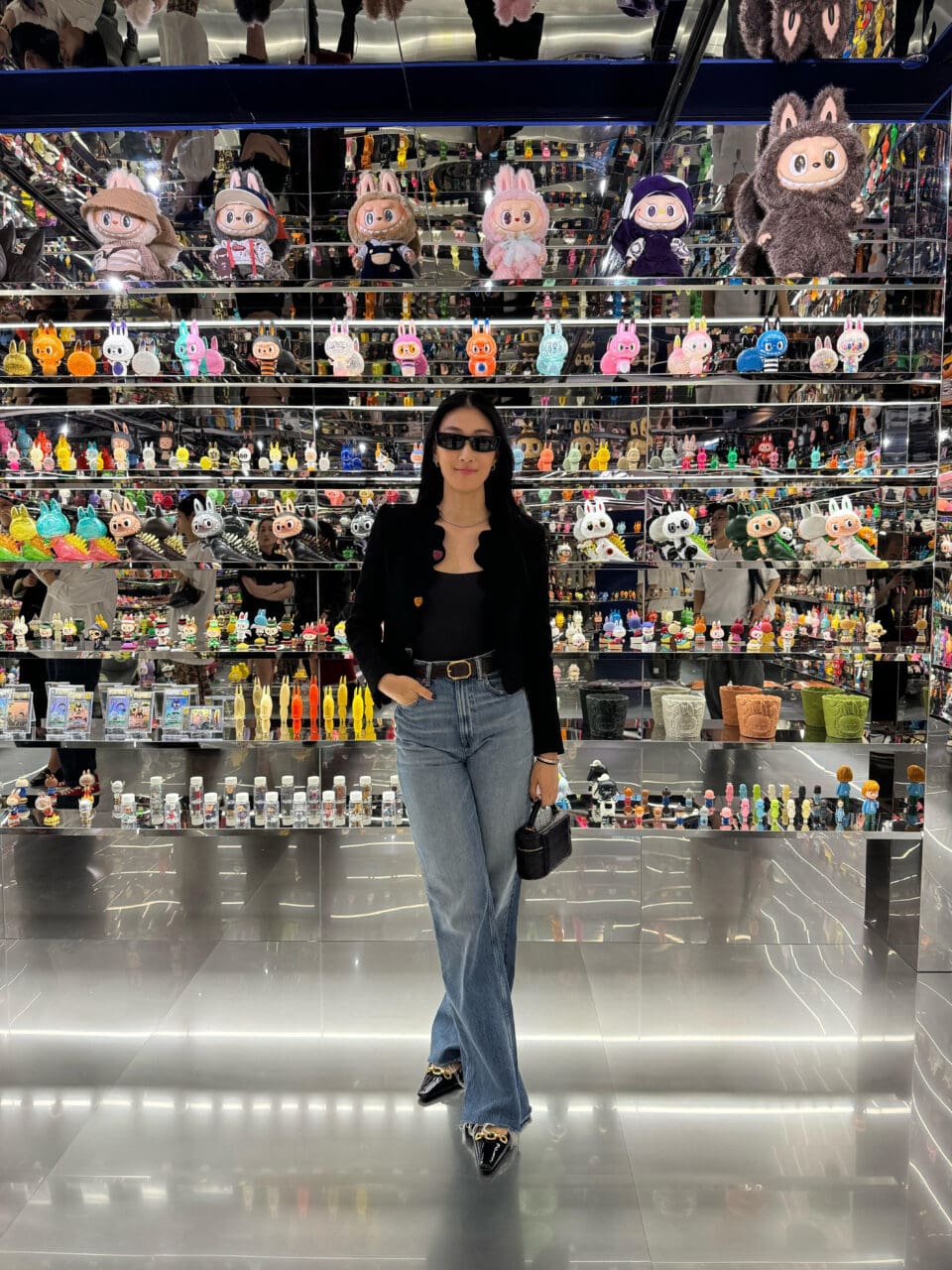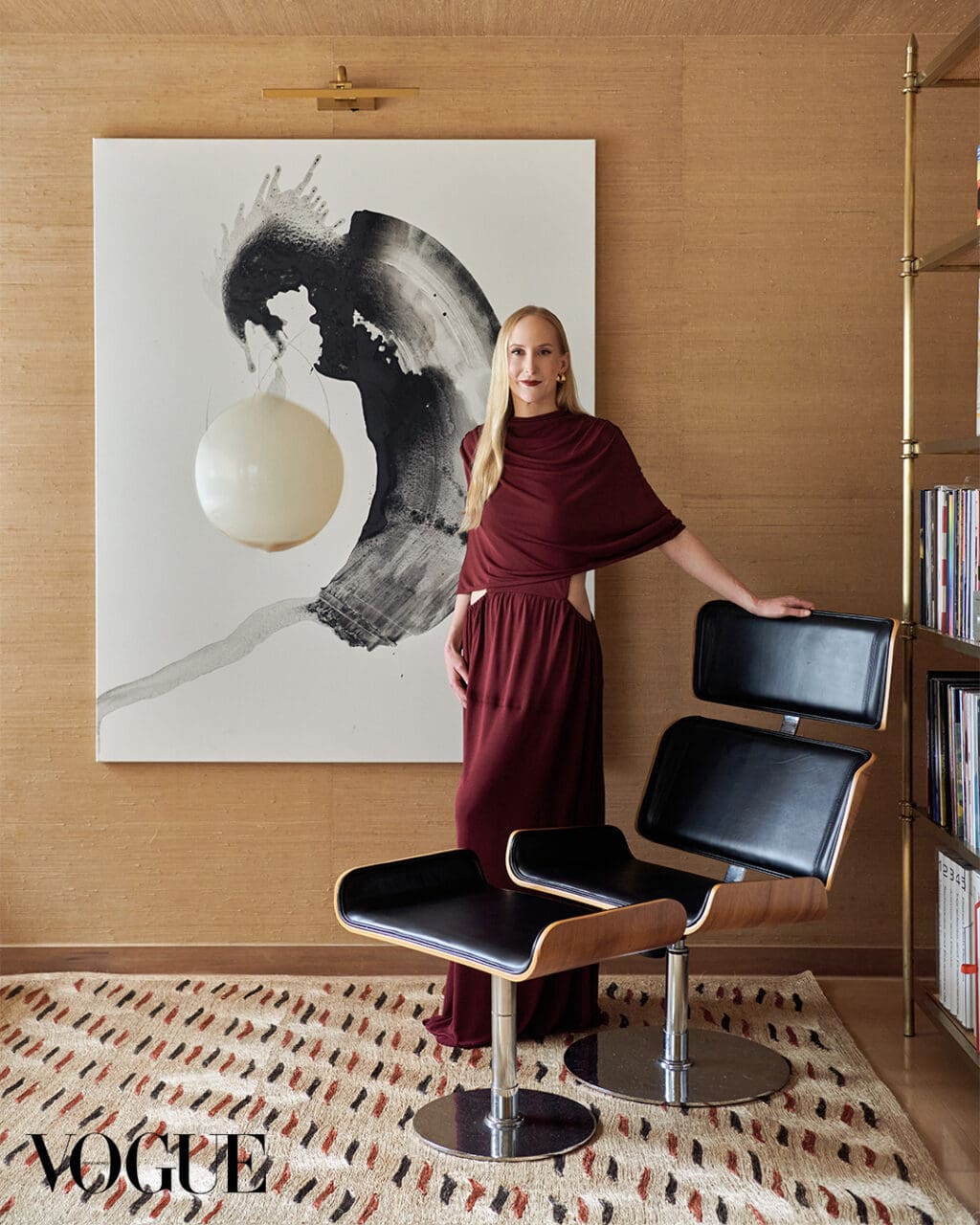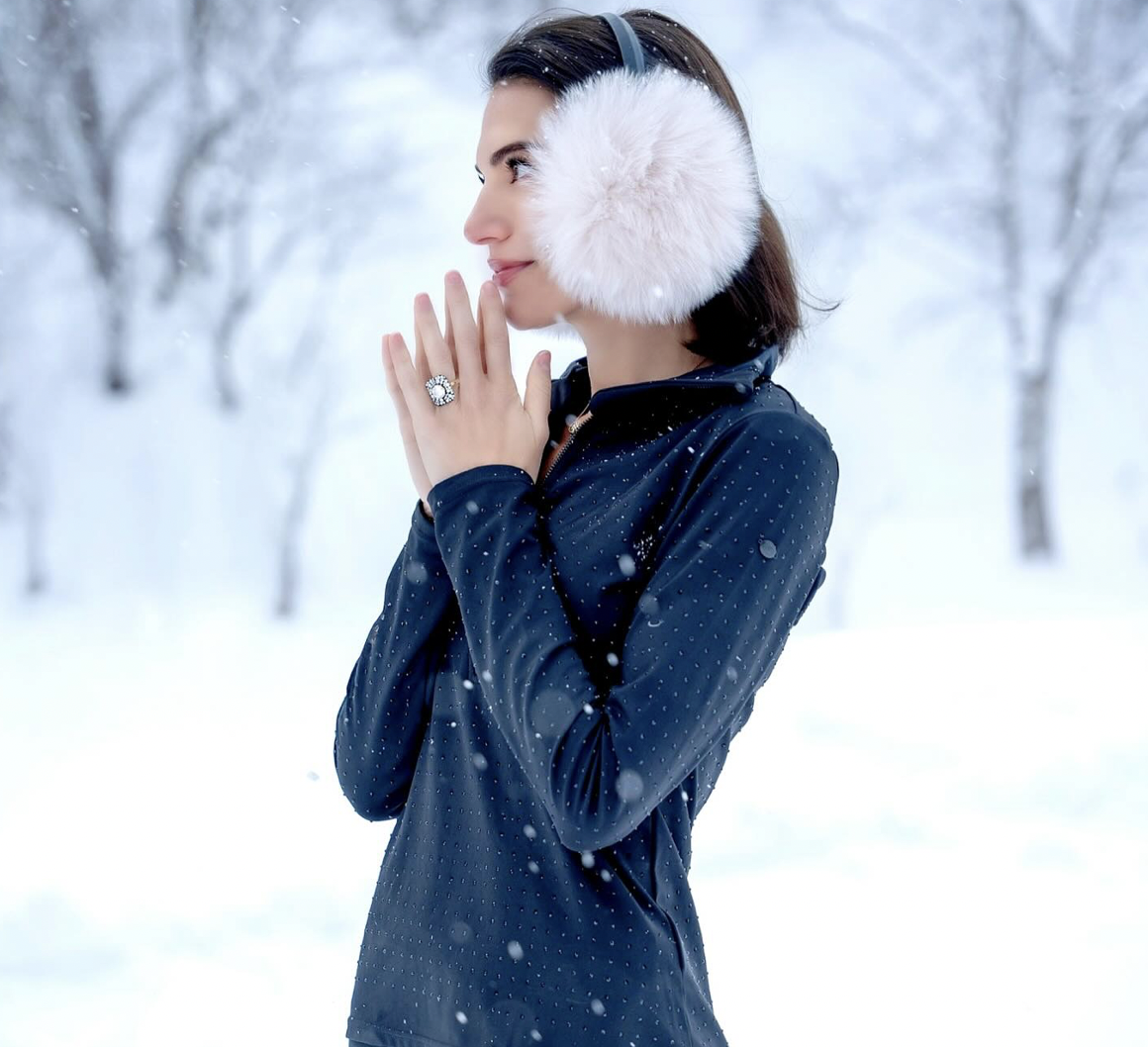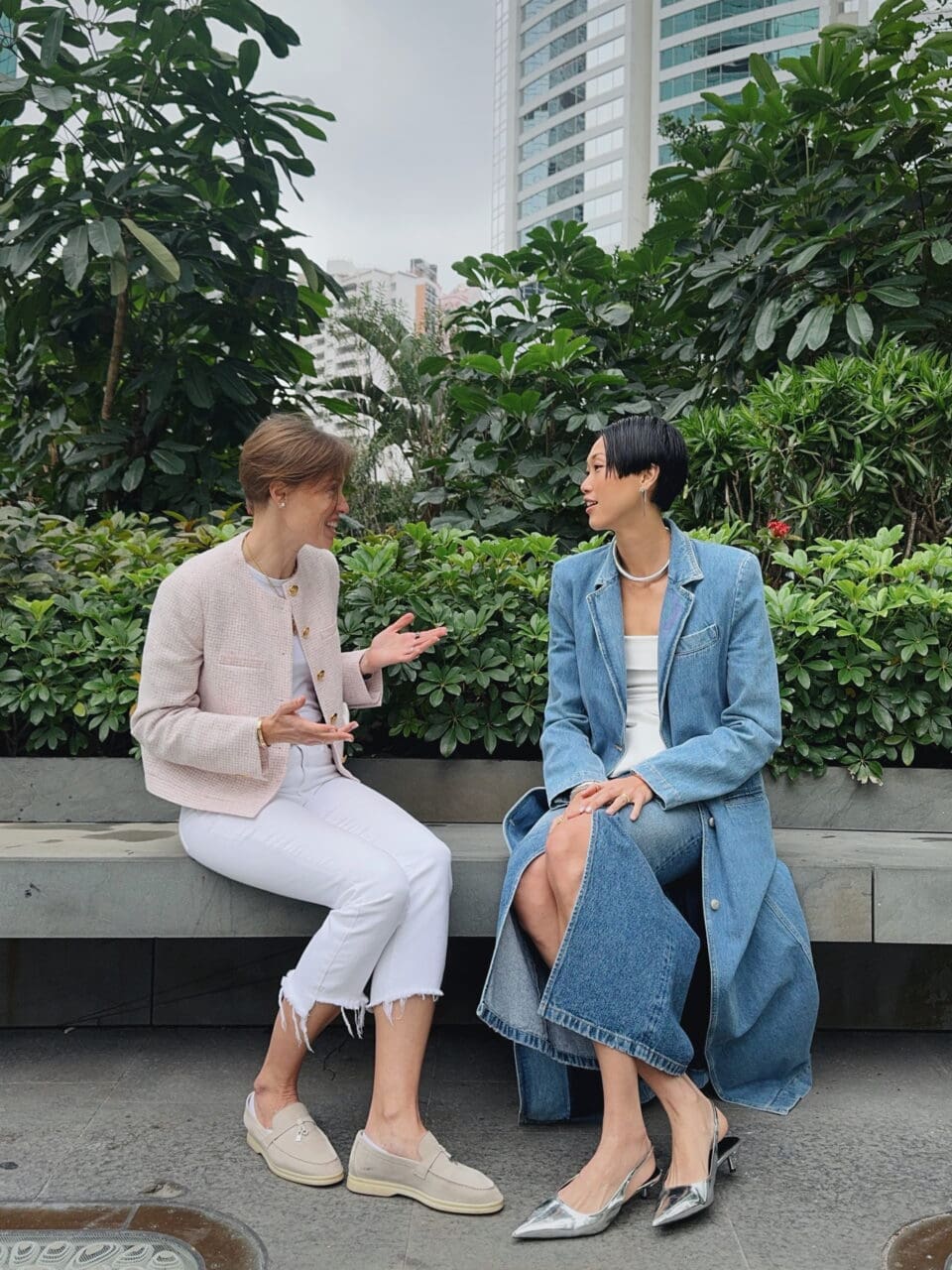How did you feel walking your first runway show and what was most memorable?
Looking back on my first show season, what is most memorable is the music on the catwalk and just how fast models have to walk! That was a shocker. Somehow, watching a show it looks so serene and smooth but when I’m walking in one myself I feel like I’m in a race, only I’m not aloud to run, just speed-walk. It makes me laugh now, thinking back on how under-prepared models are for their careers. There isn’t a rule book, but there should be guidelines and advice. There are now organisations popping up all over the industry to address this such as Models Trust, Model Mafia and The Model Alliance.
How do you see fashion in the future?
I love this industry but I want it to change as we are in an absolute climate emergency right now. I feel this strongly as I interact with the news and engage myself on the current climate crisis daily. Marginalised communities are the ones that feel it most and see the repercussions, with rising water levels and unprecedented heatwaves hampering farming. What fashion can do is to start sourcing materials differently and start paying fair wages along the supply chain. But ultimately it’s the supply chain that they need to get to know. There is a big disconnect between the CEO’s and leaders (the decision-makers) of fashion brands, the consumers and, the very start of the supply chain, the raw material and garment makers, the pattern cutters and the chemical producers who actually dye the material.
How do you combine high fashion alongside sustainability?
Very simple. They are in fact the same thing. To me, nothing feels luxurious if it is destroying the planet. This is not luxury – luxury is to be wearing something that feels amazing but that you also know is having a positive impact. So right now, the fashion industry is not there yet – they are hiding behind excuses. There is this façade that they are sourcing fabrics from mills in Europe but in fact the raw material will have been grown somewhere else and that means the brands have to be better educated as to where their material is originating from. At this point in 2020, it’s just not okay for even the consumer not to understand the supply chain.
What are your top three sustainable fashion labels?
NUTS AND BOLTS is a Parisian shoe brand. It’s very difficult to make sustainable shoes, but they have succeeded in using natural soles and vegetable tan leather uppers. The story behind the name is that they design with nuts and bolts that are detachable, meaning you can accessorise your shoes to different outfits.
SKIIM is a London-based leather brand who are progressing further in a quest to make their brand more sustainable still.
MOTHER OF PEARL‘s creative director, Amy Powney is a fountain of knowledge when it comes to sustainable fashion and has brought her brand to the forefront of this sector.
When it comes to beauty, do you follow a specific regime? What are your top three sustainable beauty brands?
I loosely follow a beauty regime because I like to change things up. I wash my face morning and evening with an oil cleanser and muslin cloth, followed by an apple cider vinegar toner that I make myself (ACV, filtered water and vanilla extract). I use rosehip oil religiously to moisturise as it’s so nutritious for the skin, along with evening primrose oil. I don’t like to put chemicals on my skin as, not only are they harmful, the chemical residue from the factories is spewing out toxic waste that eventually ends up in our rivers. My top three beauty brands are Bamford, Dr. Haushka, Skinsmiths and evanhealy.
What inspired you to become an advocate and educate people to become more aware for a sustainable future? And what’s your advice for people wanting to become more sustainable in their day-to-day lives?
I call it my sustainable journey and I started it quite by accident. I was in my mid-twenties having not really found what I was passionate about yet. I had been a model for quite a while and knew a lot about the fashion industry but I hadn’t stopped to think about the negative effects it was having on our planet. I went to a lunch hosted by an environmental charity and learnt so much about the environment and nature and I realised that I could really apply this to fashion, and that was really how my journey started. I found that I was particularly interested in materials – I am like a nerdy scientist when it comes to materials and learning every aspect about them. I would advise anyone who is about to embark on the same sustainability awareness journey as me just to have confidence as it’s the most exciting thing to learn and there is so much you can teach yourself. The people I have met along this journey are so dedicated and so exciting to talk to. We are working on the forefront of the movement to save planet earth and together bringing awareness will have the greatest consequence. I feel so lucky to be passionate about this now, gaining so much more out of it than I am giving. It’s reciprocal: I am not doing this to be a do good-er anymore – it’s the breath that gives me a new lease of life.
When it comes to the climate crisis, how can we educate the future generations to avoid further crisis?
Right now we need to focus on the current generation because the climate crisis in NOW! We have to make the difference now – we cannot place this responsibility on the next generation. However of course it’s important to share our collective passion for learning about nature. I am also very passionate about parenting and how to improve my own parenting all the time. I think there is a catastrophic disaster happening with children right now and that is that they are experiencing ‘nature deficit disorder’ by spending so little time surrounded by nature. People need to understand that children profit from being around and learning about nature. Humanity evolved in nature so we are used to being outside rather than inside with technology so it’s a very important issue to reduce screen time and increase play and exploration in the natural world.
How does city life compare with country life?
Fact: city life is definitely not as healthy as country life. We evolved in nature so to take us out of our natural habitat and raise us without that means that we haven’t realised what we have actually lost yet. And I think this lack of nature is becoming increasingly apparent in mental health issues in all ages also. There is a beautiful book called The Nature Fix which is written by a journalist who travelled the world meeting scientists working with nature. It’s jam-packed full of information as to why nature is fundamentally good for us and how much healthier we are when surrounded by nature.
Editor
Olivia BuckinghamCredit
Lead image: Marcus Ohllson




